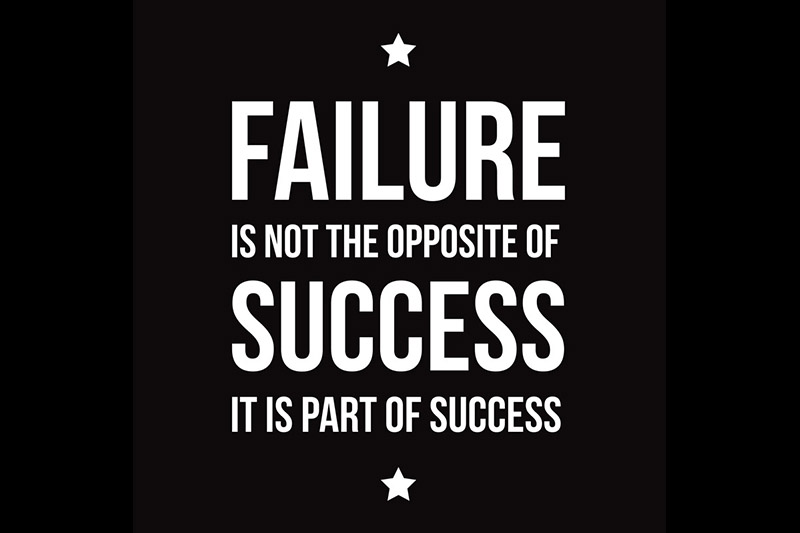
I can’t remember any other time in the history of my career where mental health has played a more prominent role in the health and well-being of the people I am privileged to serve. Every day I engage in conversations with people who are exhausted from dealing with a constant borage of the multitude of current event issues and the broad reach it has into every aspect of their lives.
Covid numbers are rising, hospitals are full, people are constantly judging or defending the mask/ vaccine issues. Parents are fighting school officials on both sides of the fence causing division within our schools. In addition, every time you get together with friends, attend an event or simply go to the store it requires a checklist of inventory regarding risks and rewards. On top of that you often must justify whatever decision you have made. All of this is taking its toll on our mental health.
Determine if you are experiencing any of the following symptoms to assess your level of mental health. Do you have any of the following?
- Difficulty concentrating or making decisions
- Persistent feelings of anger, sadness, worry, numbness or frustration
- Change in appetite, energy, desires or interests
- Difficulty sleeping or persistent bad dreams
- Increased use of tobacco, alcohol or other drugs
- Physical reactions such as headaches, body pains or stomach distress
- Worsening of chronic health conditions
The relentlessness of these issues effect all of us and the need for self-care has never been higher. Consider the following options to help mitigate the stressors you face:
- Take breaks from watching, reading or listening to news stories. If something important happens it will find its way to you
- Exercise regularly. Even something as simple as taking a walk in the evening or morning can calm your mind and spirit.
- Keep your alcohol and tobacco use in check.
- Make time to unwind in short bursts during the day and for longer time on the weekend. Plan your fun and do something that brings you joy.
- Connect with friend on whatever level feels comfortable for you whether that is Zoom or your peeps in your pod.
- Talk to someone you trust about how you are feeling. Sometimes just verbalizing helps significantly and if need be, get some professional help from a therapist, counselor, clergy or mentor.
- Be diligent with and/or start a daily meditation practice.
Lastly my favorite way to deal with stress is to practice gratitude. Taking stock of all that is good during crisis is a good way to shift our thought process from negative to positive. It helps me to remember my house isn’t on fire, my child is safe, I have a roof over my head, my house hasn’t been blown down or floated away due to a hurricane or flood and even more basic than that I have a toilet and toilet paper. Just pause for a moment and think about how many people on this planet cannot make those statements.
I encourage you to take an honest assessment of your current stress and mental health levels and devise a plan that works for you to mitigate what seemingly will be a long haul in terms of the stresses we will have to deal with. Stay well and be good to you!
With Gratitude,
Pat


